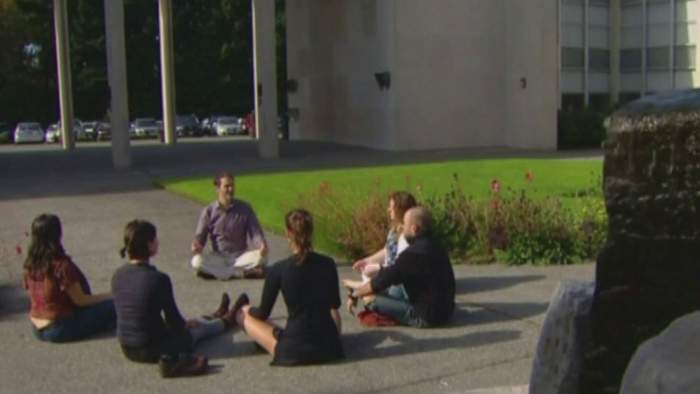Virginia Police to Receive Mandatory Mental Health Crisis Training: A Step Towards De-escalation and Improved Response

Virginia is taking a significant step towards improving responses to mental health crises with the implementation of a new law requiring specialized training for all police officers. Effective July 1st, this legislation mandates that officers receive training designed to equip them with the skills and understanding necessary to navigate these sensitive situations effectively.
The law places the responsibility of developing the curriculum with the Department of Criminal Justice Services (DCJS). This agency will be tasked with crafting a comprehensive training program that prioritizes officer discretion – a crucial element in de-escalating potentially volatile situations involving individuals experiencing mental health challenges.
Why is this training so important? Traditionally, law enforcement has often been the first responders to mental health crises, despite often lacking the specialized training to handle them safely and effectively. This can lead to tragic outcomes for both the individuals in crisis and the officers themselves. By providing officers with the tools to recognize signs of mental distress, communicate effectively, and utilize de-escalation techniques, Virginia aims to reduce the risk of harm and improve the overall response to these events.
Key elements of the expected training program are likely to include:
- Recognizing Mental Health Conditions: Training will focus on identifying common mental health conditions and understanding their potential impact on behavior.
- De-escalation Techniques: Officers will learn proven strategies for calming individuals in crisis, reducing tension, and preventing escalation.
- Crisis Intervention Skills: This includes learning how to approach individuals experiencing a crisis, actively listen, and build rapport.
- Understanding Legal and Ethical Considerations: The training will address the legal framework surrounding mental health interventions and emphasize ethical considerations in these situations.
- Resource Navigation: Officers will be equipped with knowledge of local mental health resources and how to connect individuals in crisis with appropriate support services.
The impact of this legislation extends beyond officer safety. It reflects a growing awareness of the need to treat mental health crises as public health issues rather than solely as criminal matters. By equipping officers with the necessary skills, Virginia is working towards a more compassionate and effective response that prioritizes the well-being of individuals in crisis and the safety of the community.
Looking ahead, the success of this program will depend on the quality of the curriculum developed by the DCJS and the commitment of law enforcement agencies to ensuring that all officers receive and retain this vital training. This initiative sets a positive example for other states seeking to improve their response to mental health crises and build stronger, more supportive communities.
This new law signifies a crucial shift in how Virginia approaches mental health crises, moving towards a system that prioritizes de-escalation, understanding, and connection to vital support services.






